Burrell and Cornell school districts presented their models for Personalized Professional Development in November when our Collaborative for Student Success convened for its monthly meeting.
The Collaborative is an initiative that the Richard King Mellon Foundation has funded to support districts in increasing upward mobility for graduates. The districts each will concentrate on work in one or more of three key areas: improving school design, increasing family engagement, and enhancing future readiness so that students are better prepared for their next steps after high school.
Both Burrell and Cornell said the intent behind their professional development strategies is transforming the culture of their schools.
At Burrell, for example, administrators are taking cues from Jim Collins’ book, Good to Great, by “building capacity and focusing on people first, then building a vision together,” said the district’s Director of Curriculum and Development, Autumn Turk, Ed.D.
By overhauling its professional development program, Cornell wanted both to make it “more meaningful for teachers and have a direct impact on student learning,” said Kris Hupp, the district’s Director of Technology and Instructional Innovation.
At Burrell, each educator has an individual playlist of learning opportunities that includes required material, as well as choices that address their individual professional needs and interests.
Similarly, Cornell has created five different pathways for professional learning that educators choose among based on their professional needs and interests.
Both approaches give educators more choice and ownership over their professional growth.
The November session is the first at which districts themselves took the reins. Both, the latest convening and a number of others in future months, are being organized to address benefits administrators have said they gain when they can share and learn from each other.
“We’re designing the sessions to maximize learning across districts and leverage expertise from outside experts,” said Program Director Debbie Pixton, who is part of a staff team facilitating the Collaborative’s work.
Over the coming months, participating districts will hear from outside experts and engage in structured discussions on topics of common interest.
In December, they’ll meet virtually to learn about state policy regarding “seat time” requirements, which is the amount of time students are expected to be in school. Briana Mihok, Senior Policy Strategist at the University of Pittsburgh’s Institute of Politics, will present at the session.
In January, participating districts, which also include Greensburg Salem, Jeannette City and Woodland Hills, will gather in-person for a session on family engagement. Sessions later in the spring will revolve around other topics germane to the Collaborative’s areas of focus.






